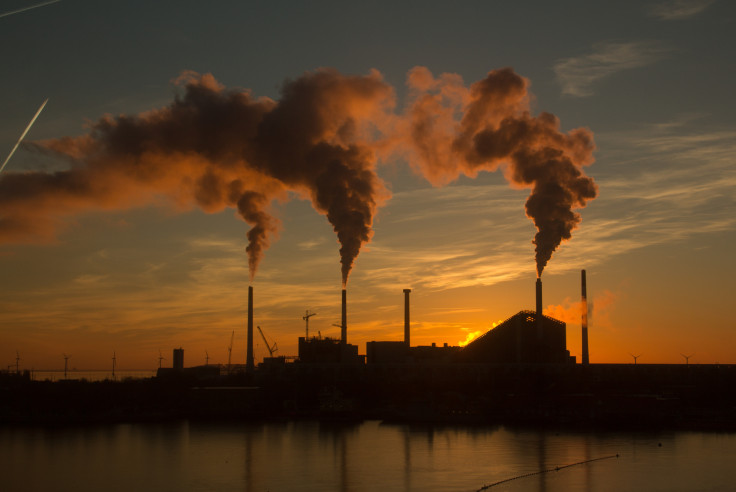
Puerto Rico is the only place in the Americas meeting World Health Organization (WHO) pollution guidelines for air standards, according to available data on fine particulate matter, a report by the Swiss company IQAir found.
The report, published examined data collected by more than 30,000 ground-level air quality monitoring stations across 7,812 cities in 134 countries, regions, and territories. It showed that South America, along with Africa and the Middle East, had large portions of non-available measurements.
Only 10 places in the world met the WHO guidelines related to 2.5 fine particulate matter micrograms per cubic meter in 2023 guidelines.
The list includes seven countries -Australia, Estonia, Finland, Grenada, Iceland, Mauritius and New Zealand- and three territories -French Polynesia, Bermuda and Puerto Rico.
In the Latin America and Caribbean region, deforestation, wildfires, emissions from mobile sources and pollution from mining operations were identified as major sources of PM2.5 air pollution in 2023. The report indicates that this led to a decrease in the number of countries in the region meeting the WHO annual PM2.5 guideline.
Grenada and Puerto Rico meet the WHO guideline with annual average PM2.5 concentrations of 4.1 and 4.5 fine particulate matter micrograms per cubic meter respectively, the report says.

"Exactly half of this region's countries and territories, 13 out of 26, showed increases in their average annual PM2.5 concentrations ranging from a 0.3% increase in Guatemala to a 72.2% increase in Bolivia," it reads.
According to the report, the United States placed 33rd in the 2023 list, boasting an average annual PM2.5 concentration of 9.1 micrograms per cubic meter. Las Vegas ranked as the least polluted city.
The top five most polluted countries in 2023 were Bangladesh (more than 15 times higher than the WHO PM2.5 annual guideline), Pakistan (14 times higher than the WHO PM2.5 annual guideline), and India (10 times higher than the WHO PM2.5 annual guideline).
Scientifically known as PM 2.5, this fine particulate matter is considered the most risky form of air pollution for human health, according to the United States Environmental Protection Agency. These small particles, less than 10 micrometers in diameter, can penetrate deep into the lungs and bloodstream, affecting both the lungs and heart, it explains.
Fine particulate matter also has implications for the complex environmental processes impacted by the Earth's climate. "Climate change, primarily driven by greenhouse gas emissions, plays a pivotal role in affecting concentrations of PM2.5 air pollutants, and fossil fuel emissions are simultaneously responsible for the majority of PM2.5 related deaths," the agency describes.
The IQAir report warned that air pollution is believed to cause an estimated one in every nine deaths worldwide. It also said that it may lead to and exacerbate numerous health conditions, including but not limited to asthma, cancer, stroke, and lung disease. It is responsible for an estimated seven million premature deaths worldwide every year, according to the WHO.
© 2025 Latin Times. All rights reserved. Do not reproduce without permission.





